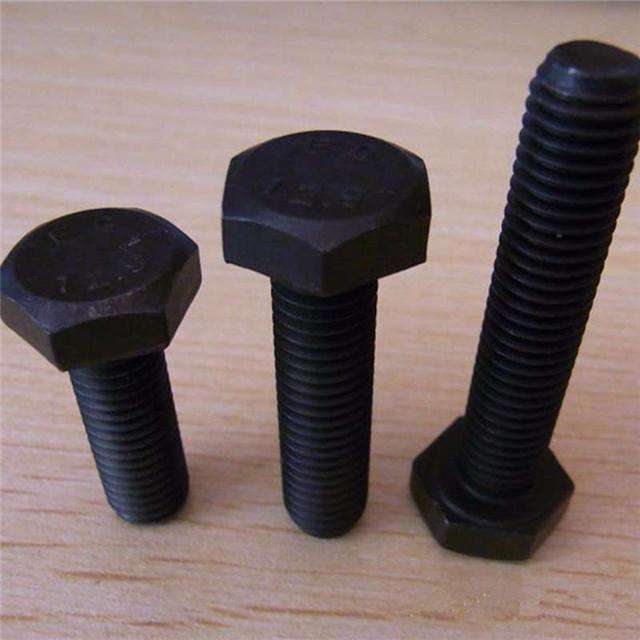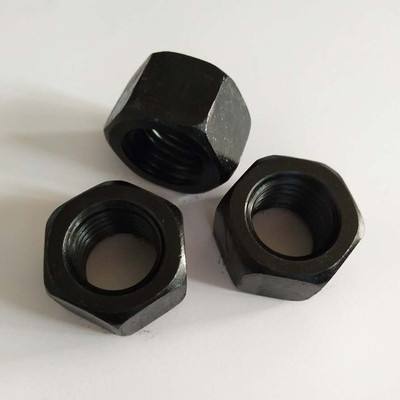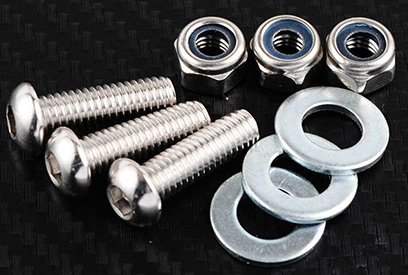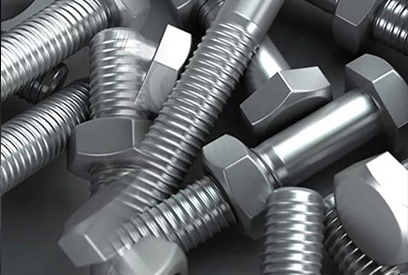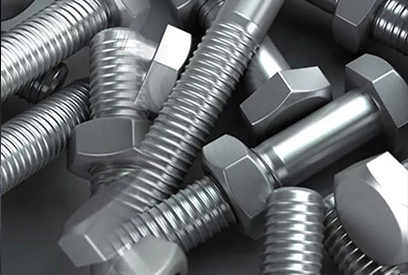Hex Nut Manufacturers introduces the removal techniques of broken high-strength bolts:
1. First, remove the sludge on the surface of the broken high-strength bolt, use the center blaster to kill the center of the section, then use an electric drill to install a 6-8 mm diameter drill, and drill a hole at the center of the section, pay attention to the hole. To drill through. After the hole is drilled through, remove the small drill bit and replace it with a drill bit with a diameter of 16 mm, and continue to expand the hole of the broken bolt and drill it through.
2. Take a welding rod with a diameter of 3.2 mm or less, and use small and medium current to carry out surfacing welding from the inside to the outside of the drilled hole of the broken bolt. At the beginning of the surfacing welding, take half of the entire length of the bolt. When surfacing welding is started, the ignition arc should not be too long to avoid burning through the outer wall of the broken bolt. After surfacing welding to the upper-end surface of the broken bolt, continue to surfacing a cylinder with a diameter of 14-16 mm and a height of 8-10 mm.
3. After the surfacing is completed, hammer the end face with a hand hammer to make the broken bolt vibrate along its axial direction. Due to the heat generated by the arc before and the subsequent cooling, coupled with the vibration at this time, it will cause looseness between the broken bolt and the thread of the body.
4. Carefully observe the high-strength bolts. When a trace of rust leaks from the fracture after being knocked, you can take the M18 nut sleeve, place it on the surfacing stigma, and weld the two together.
5. After welding, use a Torx wrench set while it is still hot, twist the nut back and forth, or tap the end face of the nut with a small hand hammer while twisting it back and forth so that the broken bolt can be taken out.
6. After taking out the broken bolts, use a suitable wire hammer to process the threads in the frame to remove rust and other debris in the holes. Whether it is the small screws of electronic equipment, the general screws of furniture and electrical appliances, and even the large screws used in engineering, construction, bridges, transportation equipment, airplanes, trams, automobiles, etc., screws occupy a very important position in these fields.



